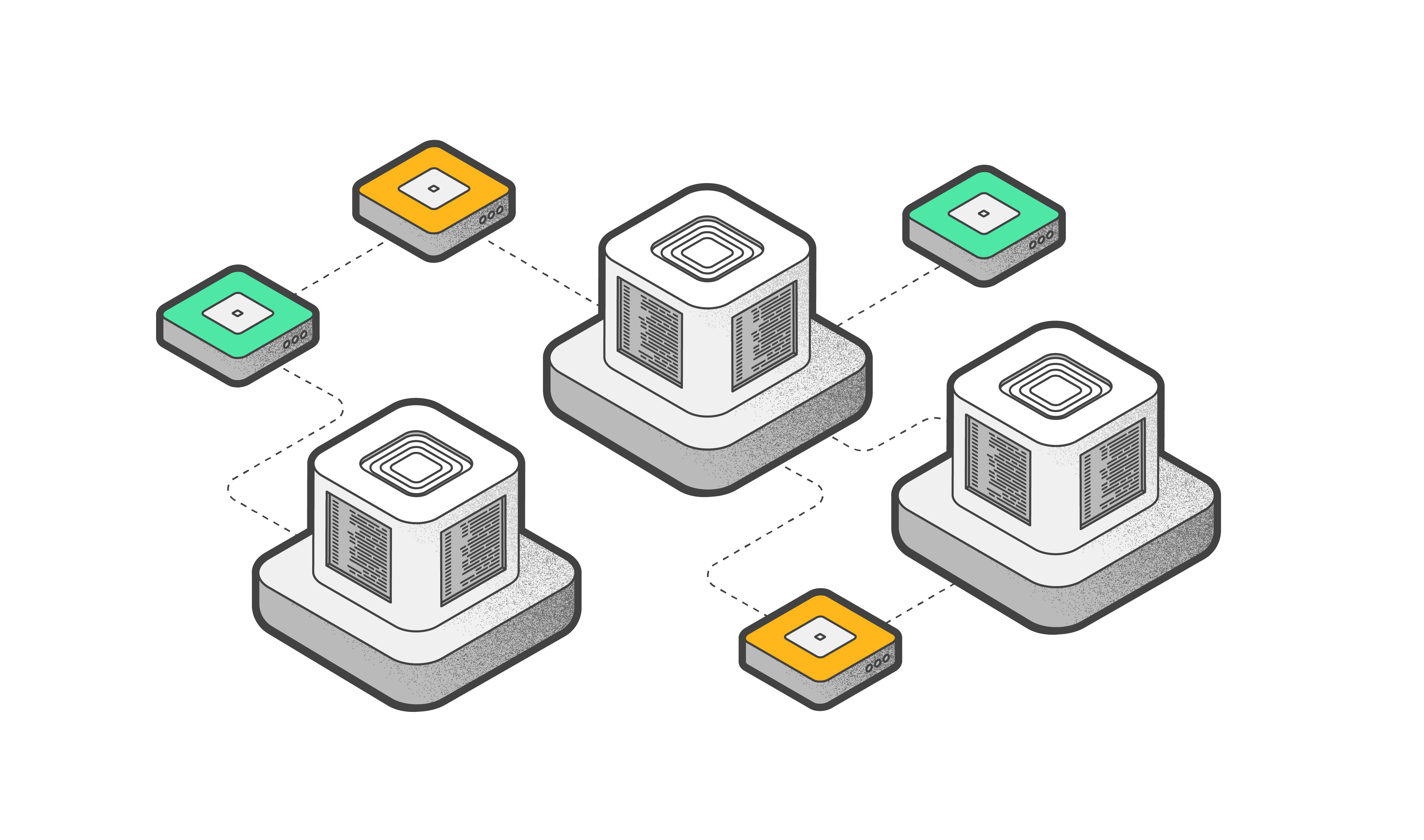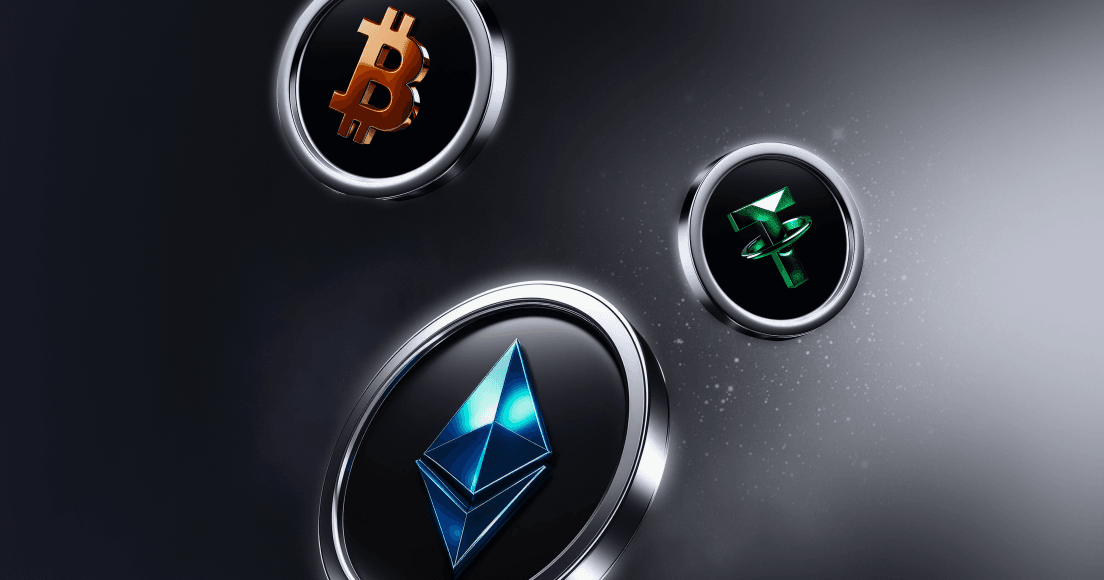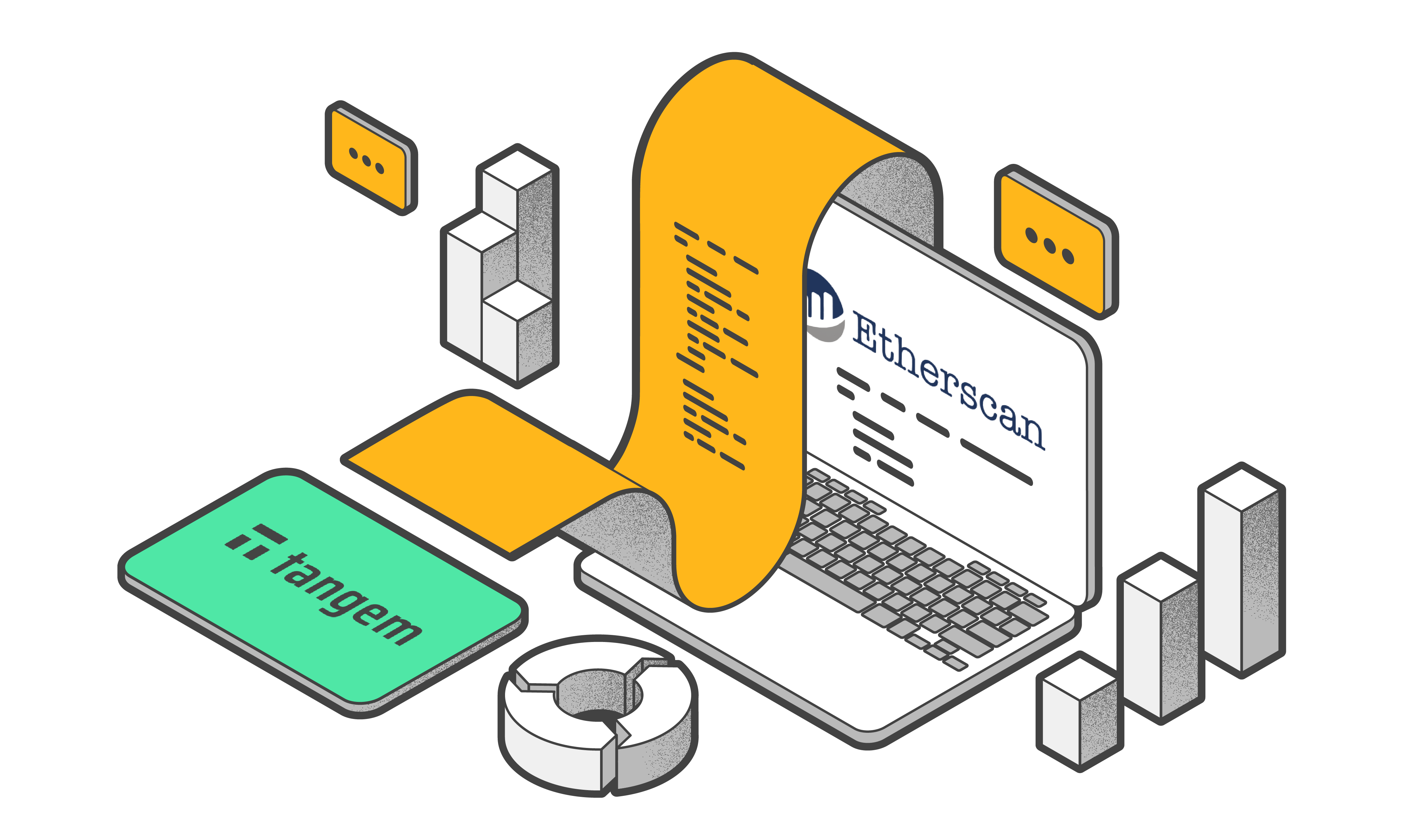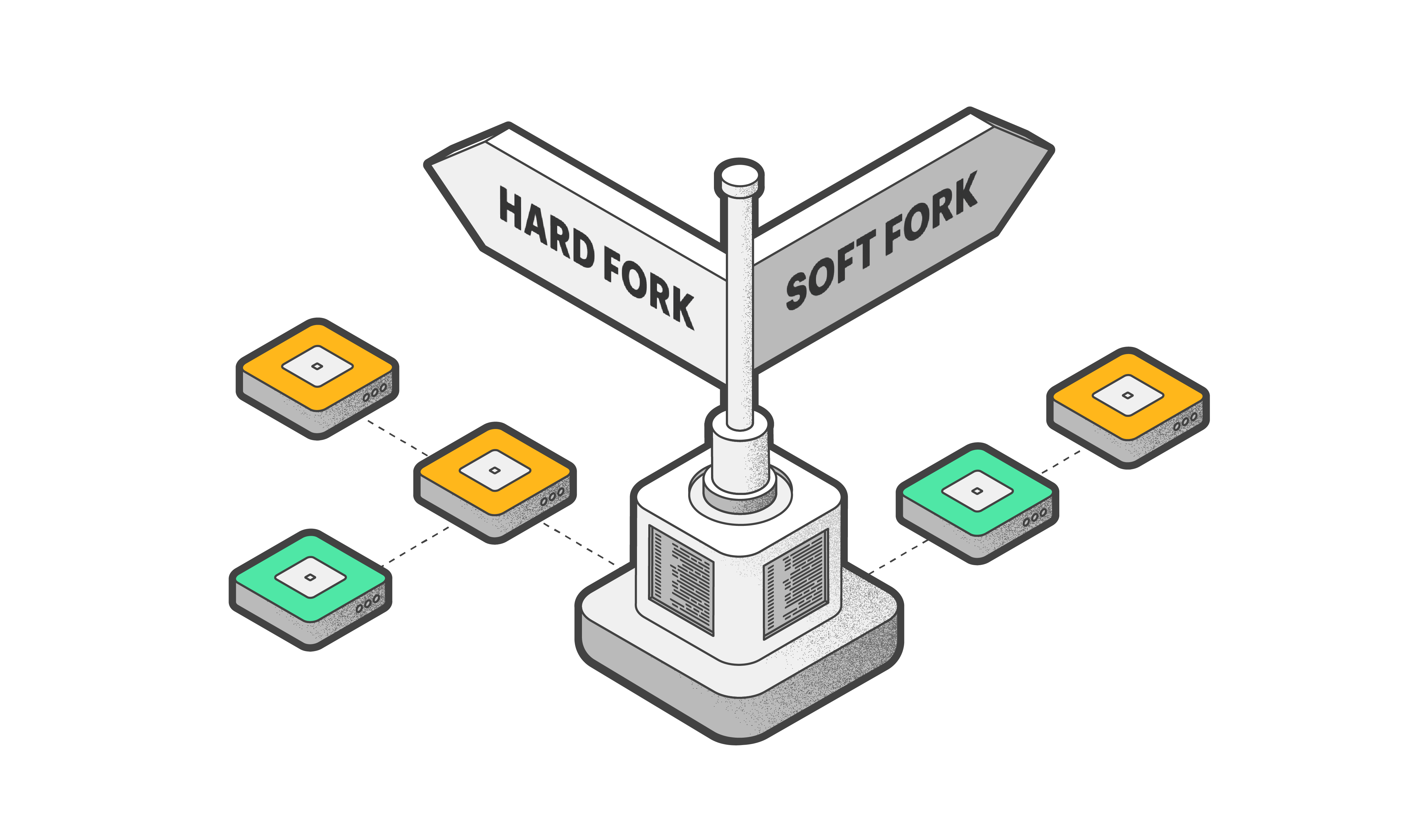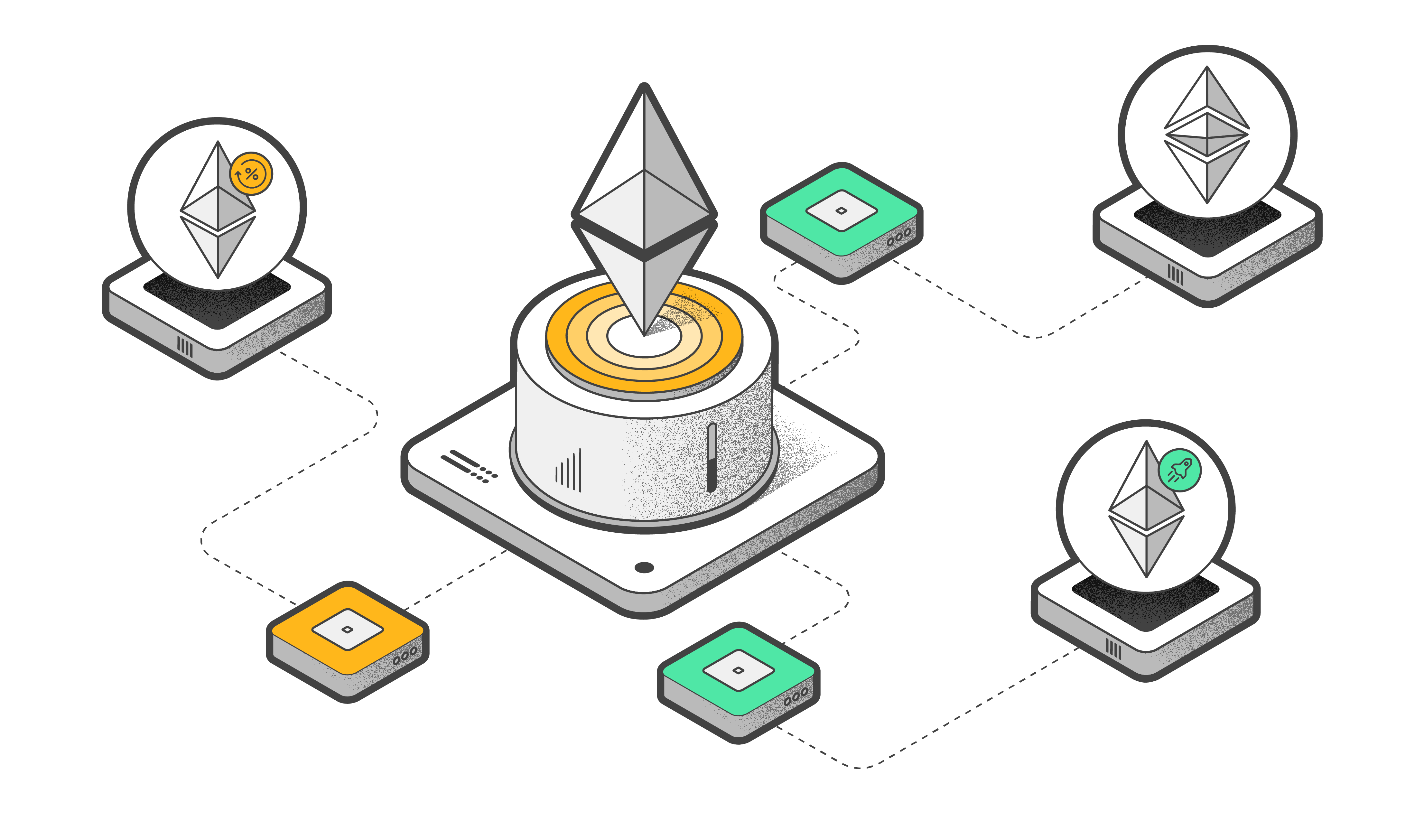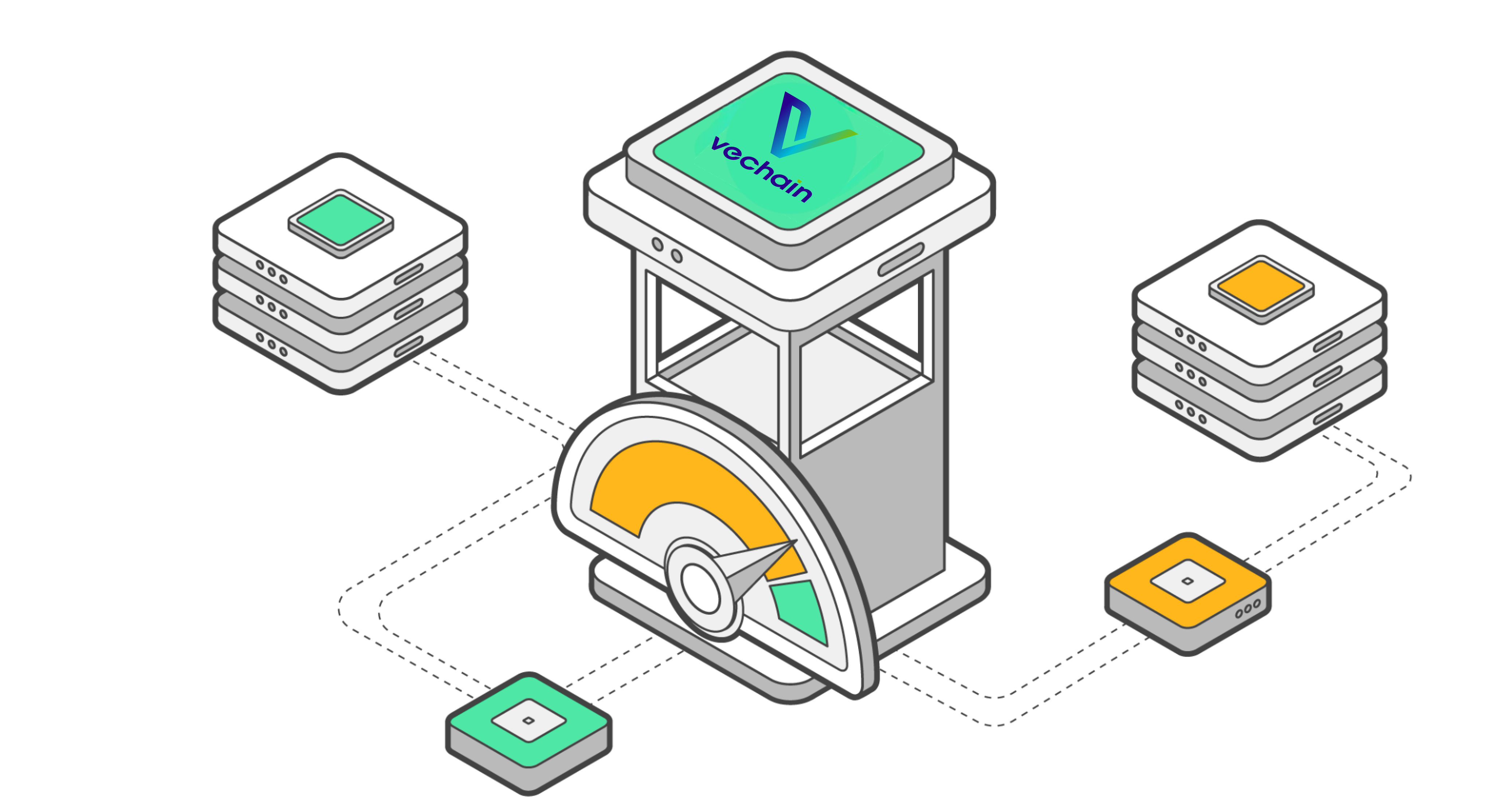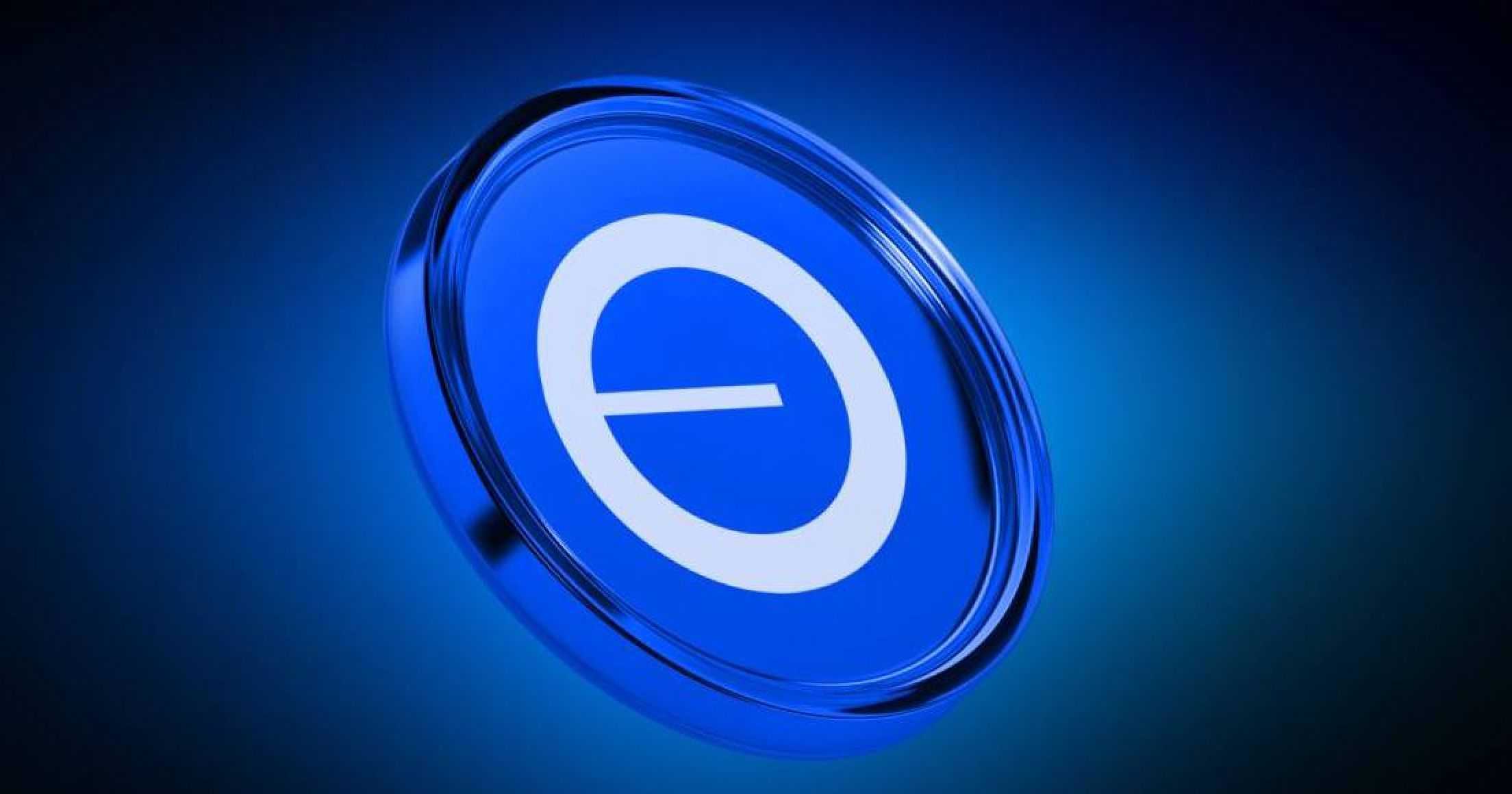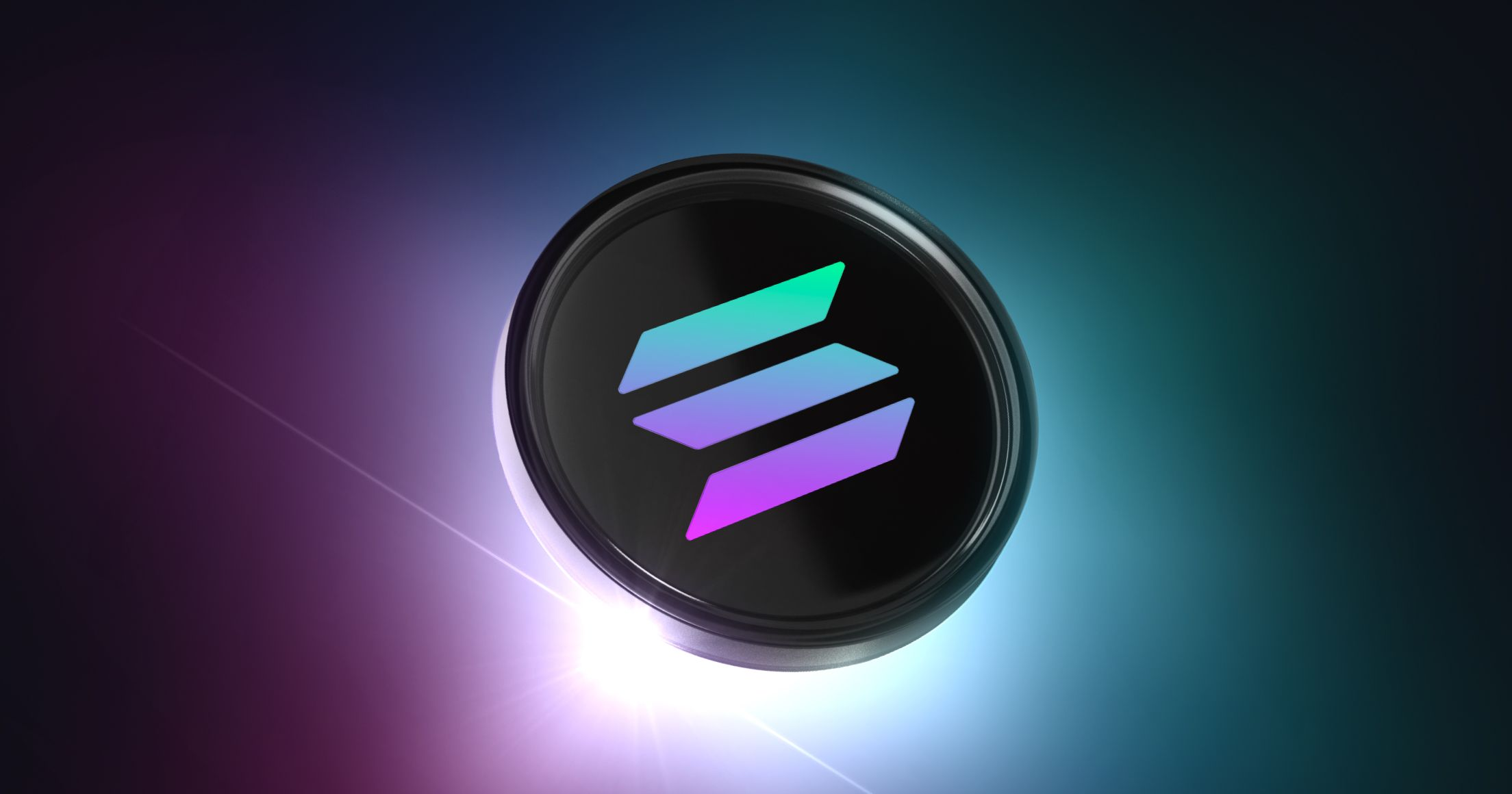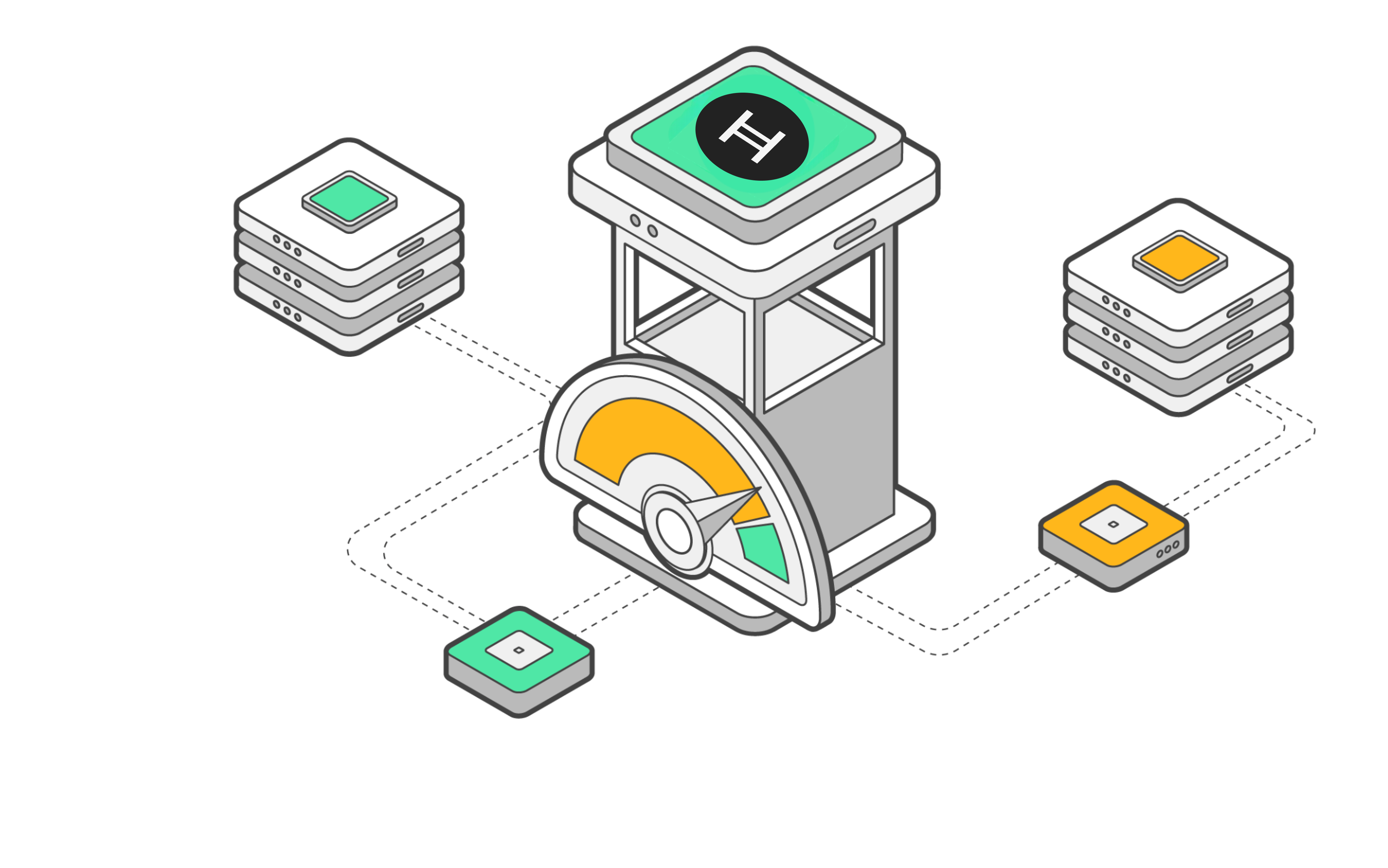
Crypto in Brazil: The Complete Guide
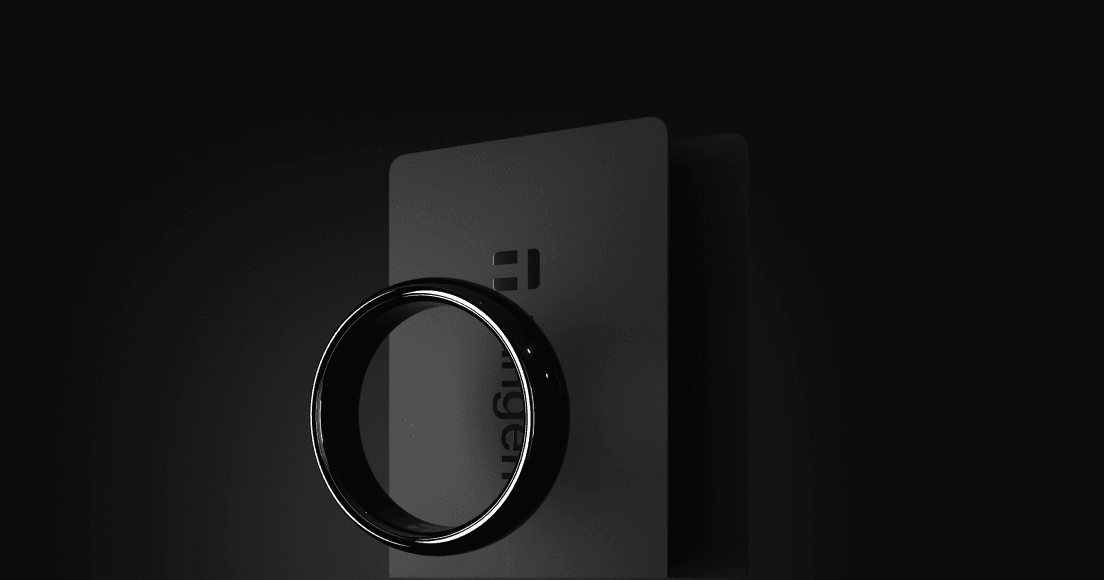
- AI summary
- Key Takeaways
- Is Crypto Legal in Brazil?
- How to Buy Cryptocurrency in Brazil
- Best Crypto Exchanges in Brazil (2025)
- How to Store Your Crypto Safely in Brazil
- Types of Crypto Wallets in Brazil
- Is Crypto Taxed in Brazil?
- Is Crypto Mining Legal in Brazil?
- How to Buy NFTs in Brazil via Tangem
- Future of Crypto in Brazil
- FAQ About Crypto in Brazil
AI summary
Brazil has emerged as a global leader in cryptocurrency adoption, with clear regulations, a robust exchange ecosystem, and millions of active investors. The country offers legal and regulated crypto trading, a 17.5% flat capital gains tax, and strong support for both local and global exchanges, while also advancing its digital real (Drex) CBDC project. Safe storage practices and awareness of tax and mining regulations are essential for navigating Brazil’s thriving and increasingly crypto-friendly environment.
Brazil has rapidly become a global hotspot for cryptocurrency, with clear regulations, thriving exchanges, and millions of investors using Bitcoin, Ethereum, and stablecoins for trading, payments, and savings. Understanding the local ecosystem is essential when buying Bitcoin in Brazil, trading altcoins, mining crypto, or exploring NFTs. As the government advances its Drex CBDC project, Brazil strengthens its role as a leader in digital finance, and this guide gives you a complete resource for navigating crypto safely and effectively.
Key Takeaways
- Legal Status: Cryptocurrency in Brazil is legal and regulated under AML and tax laws.
- Adoption: Over 16 million Brazilians own crypto, making Brazil one of the top adopters globally.
- Taxes: Capital gains on crypto face a 17.5% flat tax rate, with mandatory reporting.
- Most Popular Coins: Bitcoin, Ethereum, Solana, and stablecoins like USDT dominate trading.
- Exchanges: Both local platforms (Mercado Bitcoin, Foxbit, NovaDAX) and global giants (Binance, Coinbase) operate actively.
Is Crypto Legal in Brazil?
Yes, cryptocurrency is legal in Brazil. The government does not treat Bitcoin as legal tender but recognizes it as a tradable digital asset. The Central Bank of Brazil and the Securities Commission (CVM) oversee different aspects of cryptocurrency activity. Exchanges must comply with AML and KYC rules to ensure transparency and reduce financial crime risks.
Brazil also leads in CBDC development through the Drex project, its digital real initiative. Drex aims to improve payments, settlement, and financial inclusion, showing the government’s commitment to blockchain innovation.
How to Buy Cryptocurrency in Brazil
The process of buying crypto in Brazil is simple. Here’s a step-by-step guide.
Here are the likely steps adapted for a Brazilian user.
Install Tangem & set up the wallet
In the Tangem app’s main screen, select the crypto you want → tap “Buy”.
Confirm your country of residence. It might default incorrectly or might not support Brazil if the provider doesn’t cover it.
Select provider & payment method. You’ll see available providers, likely Mercuryo or Simplex, and maybe others.
Choose payment method: credit/debit card, possibly bank transfer, Apple Pay, etc.
Complete KYC / identity verification. These providers generally require identity verification. Brazil may require CPF / other local documents.
Submit payment, and the crypto should be sent directly to your Tangem wallet’s address. There may be delays of a few hours.
Best Crypto Exchanges in Brazil (2025)
Exchange | Fees | Supported Coins | Pros | Cons |
|---|---|---|---|---|
Mercado Bitcoin | 0.2% trading | 200+ | Local support, BRL pairs | Higher fees than global platforms |
Foxbit | 0.25% | 100+ | Easy KYC, good UI | Limited advanced tools |
NovaDAX | 0.1%–0.2% | 150+ | Fast PIX deposits | Lower liquidity |
Binance | 0.1% | 350+ | Huge liquidity, low fees | Global compliance issues |
Coinbase | 1.49% | 250+ | High security, trusted brand | Higher fees in BRL |
How to Store Your Crypto Safely in Brazil
When you buy cryptocurrency in Brazil, the next critical step is storage. How and where you store your digital assets directly affects their safety. Many beginners leave funds on exchanges for convenience, which exposes them to unnecessary risks. Let’s break down the safest options for Brazilians.
Risks of Keeping Crypto on Exchanges
While exchanges make trading easy, storing large amounts of crypto on them carries risks. Key dangers include hacks and breaches, as cybercriminals often target exchanges, and Brazil has experienced incidents of compromised accounts. Customers risk losing their funds; if an exchange goes bankrupt or faces legal troubles, customers could lose their money. Additionally, sudden regulation changes or internal issues might freeze withdrawals, preventing access to your funds.
Types of Crypto Wallets in Brazil
Software Wallets
Software wallets in Brazil are apps or browser extensions that let you store and manage crypto from your phone or computer. Popular choices include Trust Wallet, MetaMask, and Coinbase Wallet.
Pros: Free, easy to use, excellent for beginners and DeFi/NFT users.
Cons: Vulnerable to malware, phishing, and SIM-swap attacks if not appropriately secured.
Tip: Always enable two-factor authentication (2FA) and never share your recovery phrase.
Hardware Wallets
For long-term holders, hardware wallets in Brazil offer the highest level of protection. Tangem hardware wallet keeps your wallet offline and away from hackers.
Pros: Immune to online hacks, ideal for securing significant investments.
Cons: Not free; you must purchase the device.
Pro Tip for Brazilians: Tangem Wallet is an excellent choice for simplicity and security. Unlike traditional hardware wallets, it’s card-shaped, works with your smartphone via NFC, and doesn’t require cables or complex setup, making it perfect for beginners and experienced investors looking for a convenient yet highly secure way to store Bitcoin and other cryptocurrencies in Brazil.
Best Practices for Crypto Storage in Brazil
To keep your funds safe:
- Diversify storage: Keep trading balances on exchanges but move savings to hardware wallets.
- Back up your recovery phrase offline.
- Stay alert for phishing scams, primarily through email, WhatsApp, or Telegram.
- Use Brazilian security practices: enable PIX notifications and bank alerts for suspicious activity if linked to your crypto purchases.
With the right storage strategy and tools like Tangem Wallet, Brazilians can protect their digital assets against theft, fraud, and technical failures while enjoying peace of mind.
Is Crypto Taxed in Brazil?
Tax Rate and Rules
Yes, you must pay taxes on crypto. Since 2025, Brazil has applied a 17.5% flat Capital Gains Tax on crypto profits, regardless of the amount.
Previously, profits under BRL 35,000 per month were exempt, but this no longer applies. Investors must report holdings and trades annually.
Is Crypto Mining Legal in Brazil?
Mining Regulations
Yes, crypto mining is legal in Brazil, but miners must declare their taxable earnings under capital gains rules.
How to Mine Crypto in Brazil
To mine Bitcoin in Brazil, you need:
- ASIC mining hardware (e.g., Antminer S19)
- Mining software and wallet
- Access to mining pools in Brazil, like Antpool, F2Pool, or ViaBTC
Due to electricity costs, large-scale mining remains less competitive than in countries with cheaper power.
How to Buy NFTs in Brazil via Tangem
Buying NFTs in Brazil with the Tangem Wallet is simple, secure, and fully self-custodial. Tangem lets you store your crypto and connect directly to NFT marketplaces without depending on centralized exchanges or browser extensions. Follow these steps to get started:
Set up your Tangem Wallet: Download the Tangem app, activate your card, and create a secure wallet. This gives you complete control of your private keys right from your smartphone.
Buy or transfer crypto to your Tangem Wallet: Purchase ETH, SOL, or other NFT-compatible coins through Tangem’s integrated on-ramp or transfer them from a Brazil-based exchange using PIX or bank transfer.
Connect Tangem to an NFT marketplace: Use Tangem’s WalletConnect feature to link your wallet to platforms like OpenSea, Rarible, or Blur and browse available collections.
Buy or bid on NFTs: Choose the NFT you want, confirm the transaction in your Tangem app, and ensure your digital asset will appear securely in your wallet — no seed phrase or browser risk is involved.
Tip: NFT purchases in Brazil are subject to NFT tax regulations, and any profit from selling NFTs must be reported as capital gains.
Future of Crypto in Brazil
The future of crypto in Brazil looks bright. The government’s Drex CBDC project will integrate digital assets into the financial system, and discussions have also emerged about holding Bitcoin as part of national reserves. Adoption keeps rising, with Brazilians using stablecoins to protect against inflation and crypto apps gaining millions of downloads. Brazil offers both opportunities and regulatory clarity for investors, making it one of the most crypto-friendly nations in 2025.
FAQ About Crypto in Brazil
Is Bitcoin legal in Brazil?
Yes, trading and holding Bitcoin and other cryptocurrencies in Brazil is legal.
Do you pay tax on crypto in Brazil?
Yes, crypto profits face a flat 17.5% Capital Gains Tax.
Can you mine crypto in Brazil?
Yes, authorities allow mining, but you must report your earnings for taxes.
What is the best crypto exchange in Brazil?
For locals, Mercado Bitcoin is popular. For global access and low fees, Binance remains the top choice.

